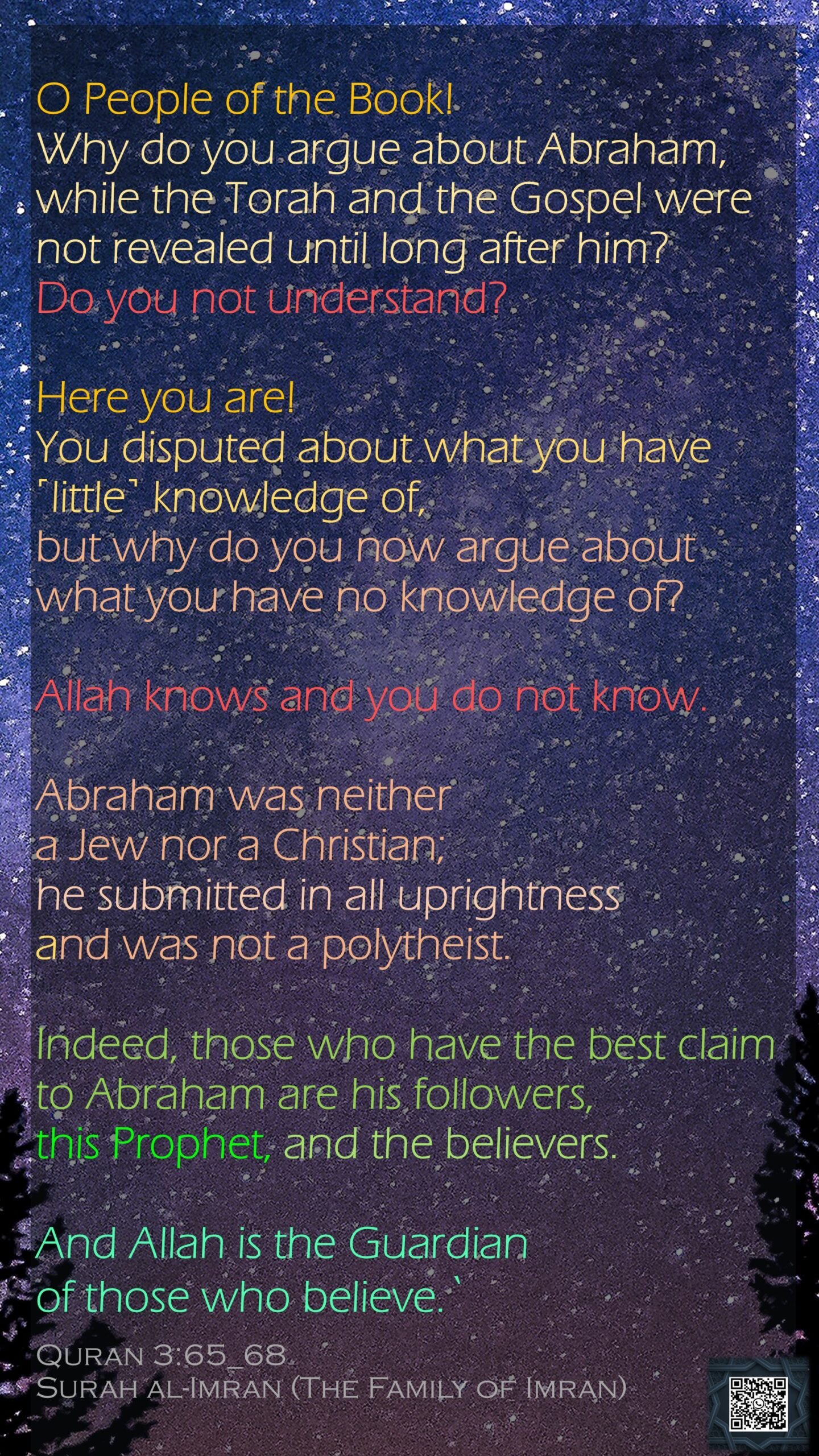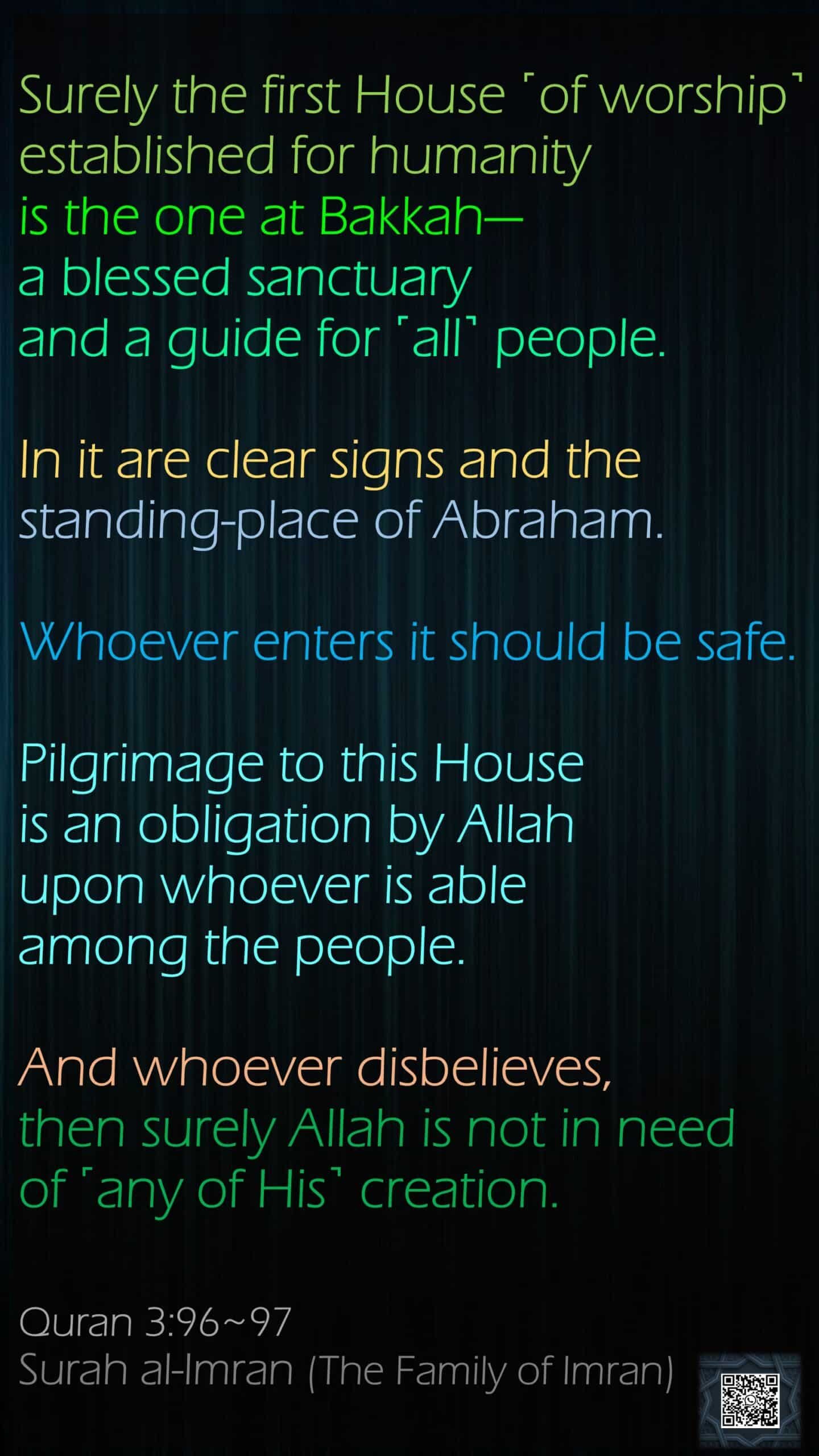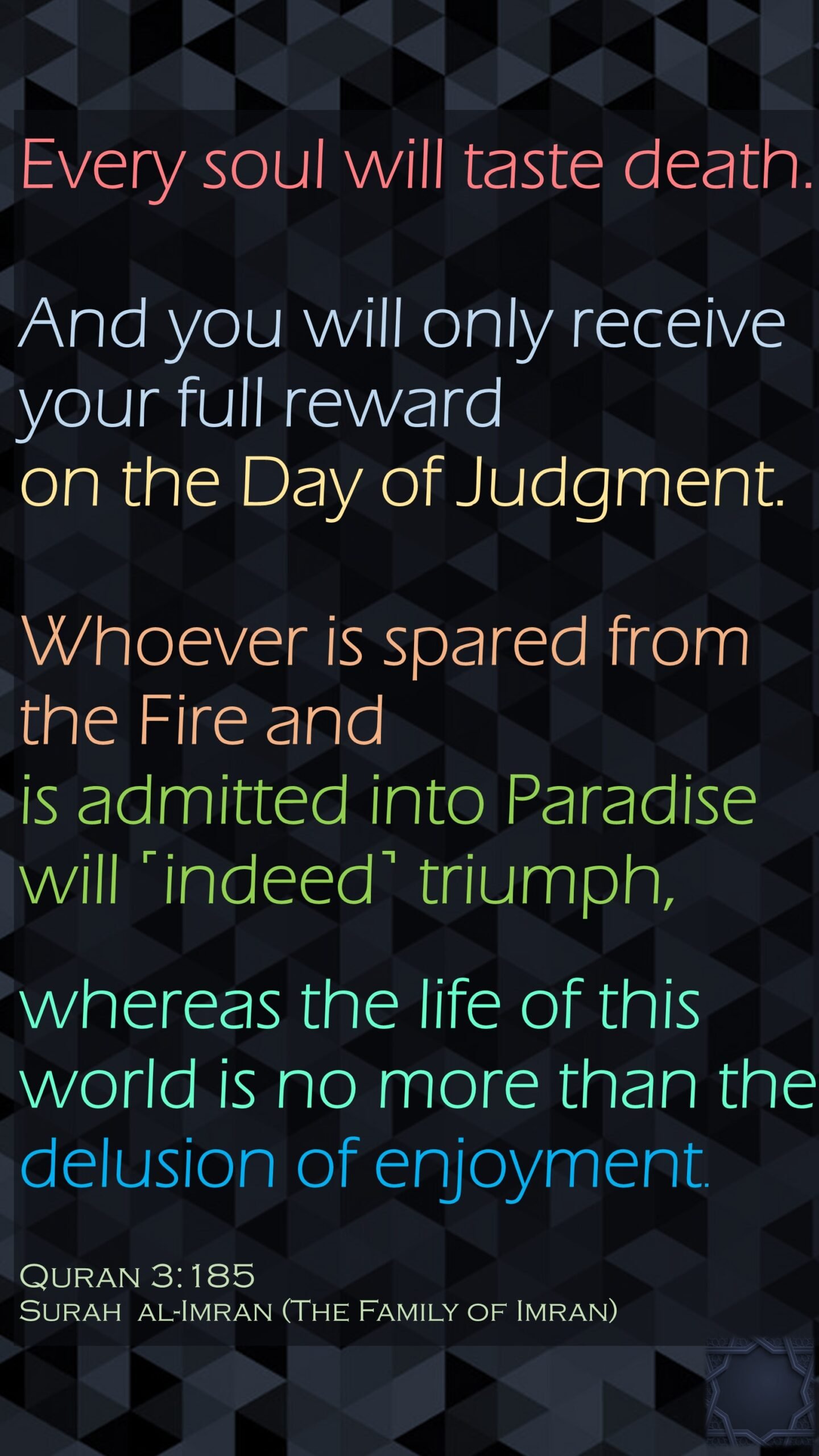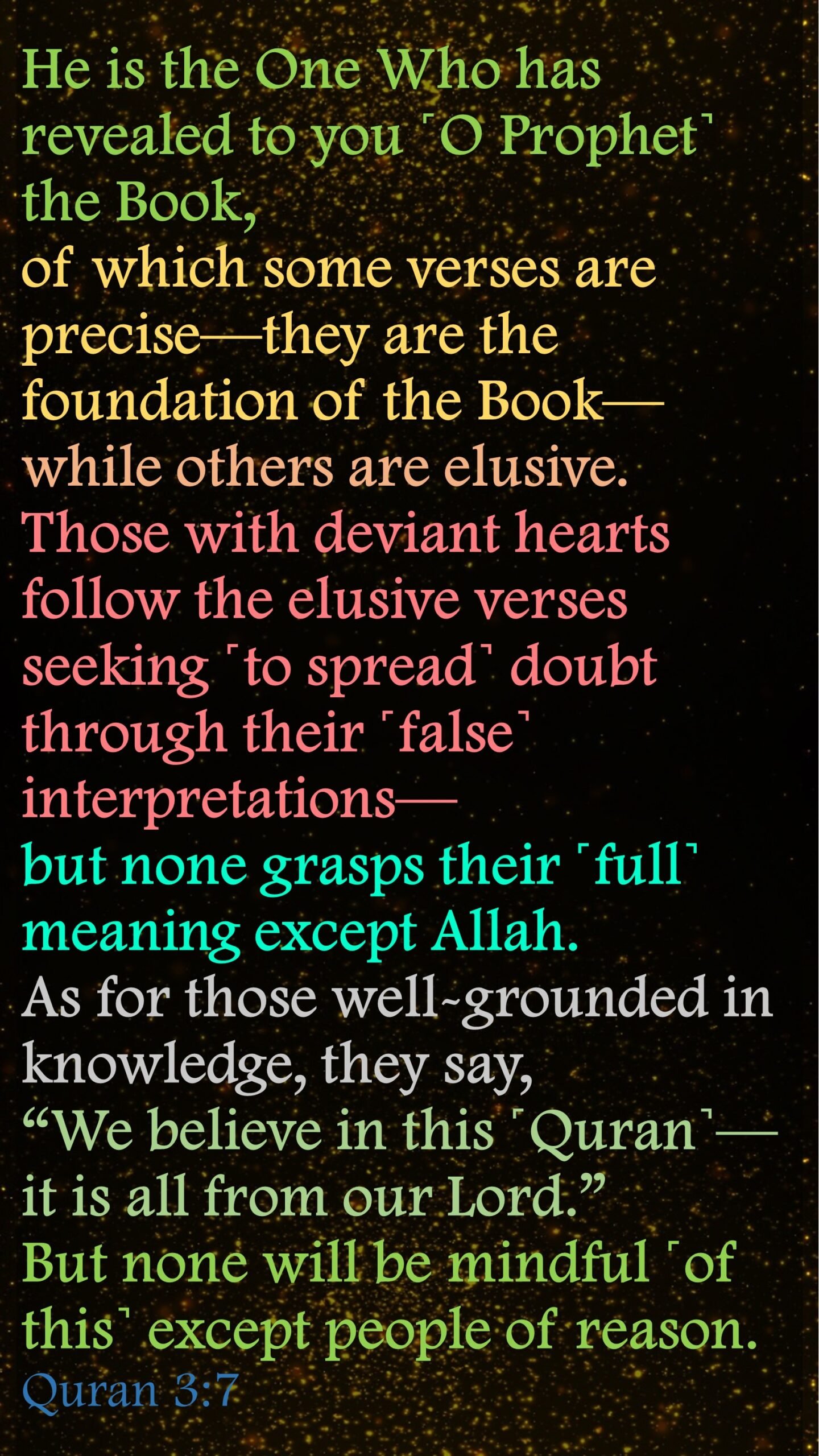Skip to Content
Tag Archives: Imran
- Home -
- Posts tagged "Imran"
12
Aug, 2025
Islam, Quran
Abraham, Allah, ayat, daily, Ibrahim, Imran, inspirations, islam, islamic, Muhammad, path, quran, Surah
11
Aug, 2025
Islam, Quran
003, 097, Abraham, al-Imran, Allah, ayah, ayat, Bakkah, Bless, Blessed, Chapter, daily, family, house, humanity, Ibrahim, Imran, inspirations, islam, islamic, Makkah, Muhammad, obligation, pilgrimage, quran, safe, safety, sanctuary, Sign, Surah, surat, verse, worship
15
Feb, 2025
Islam, Quran
003, 156, 157, 158, accumulate, agony, al_Imran, Allah, ayat, battle, believer, daily, die, engage, family, forgive, gather, heart, Imran, inspirations, islam, islamic, martyr, Muhammad, quran, stay behind, Surah, think, thought, travel, unfaithful, wealth
20
Jul, 2024
Islam, Quran
003, 195, 197, 198, accomodate, al-Imran, Allah, ayat, best, brief, daily, decieve, disbelieve, enjoy, family, Gardens, hell, home, Imran, inspirations, islam, islamic, land, mindful, Muhammad, place, propsper, quran, residence, rivers, Surah, virtuous
19
Jul, 2024
Islam, Quran
003, 184, Aal-e-Imran, admit, Allah, ayat, daily, day, Death, delusion, enjoy, enjoyment, family, fire, Imran, inspirations, islam, islamic, judge, judgement, Life, Muhammad, paradise, quran, reward, spare, Surah, taste, triump
8
Nov, 2022
Islam, Quran
Abraham, Adam, All Forgiving, All Merciful, Allah, ayat, decendant, disbelievers, forgive, Imran, inspirations, islam, islamic, messenger, Noah, not like, Obey, quran, sins, Surah
25
Oct, 2022
Islam, Quran
aal-imran, Allah, ayat, Bounties, chapter 3, daily, deviate, Giver, guide, heart, Imran, inspirations, islam, islamic, Lord, Mercy, not, quran, Surah, verse 8
24
Oct, 2022
Islam, Quran
aal imran, Allah, ayat, book, chapter 3, daily, deviant, doubt, elusive, false, family, foundation, full, grasp, grounded, heart, hidayah, hidayat, Imran, inspirations, interpret, islam, islamic, Lord, mindful, none, PBUH, Prophet, quran, reason, SAWW, spread, Surah, verse 7, verses.precise








